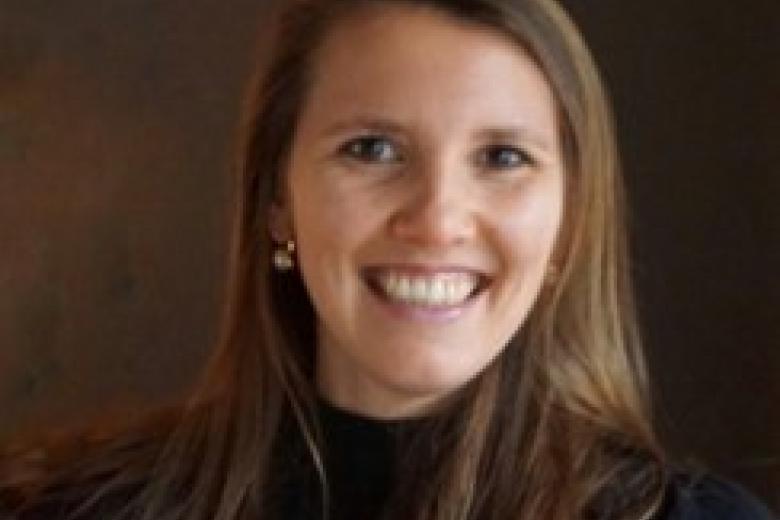Prestigious Diabetes Research Award for Prof. Schrauwen
For his translational research on skeletal muscle insulin resistance, mitochondrial function and energy metabolism in the pathogenesis of type 2 diabetes Professor Patrick Schrauwen has been awarded this year’s Minkowski Prize of the European Association for the Study of Diabetes (EASD). It is considered the most important European diabetes research award for young scientists and is endowed with 20,000 euros. Since the first award in 1966, Schrauwen is only the second dutch scientist to win this prestigious award.
Patrick Schrauwen and his team have made key contributions to the study of the relation between mitochondrial function and ectopic fat storage in muscle and insulin resistance. Schrauwen was one of the first to show that mitochondrial function is compromised not only in patients with overt type 2 diabetes but also those with pre-diabetes. Subsequently, Dr. Schrauwen investigated whether mitochondrial function could be considered a target for the prevention or treatment of diabetes. He used state-of-the-art methodologies to demonstrate the beneficial effect of exercise training on insulin sensitivity and mitochondrial function and was also the first to show that the polyphenolic compound resveratrol is able to increase mitochondrial function and improve metabolic health in obese humans. Dr. Schrauwen further examined if and how intramyocellular lipid accumulation could contribute to the development of insulin resistance; with his team and collaboration with the department of Radiology he set up novel magnetic resonance spectroscopy techniques that were fundamental in demonstrating - in vivo - the role of intramyocellular lipid metabolites on insulin sensitivity in humans. Most recently, Schrauwen and colleagues demonstrated that 10 days of cold acclimation had very marked effects on skeletal muscle insulin sensitivity in type 2 diabetes patients.
For his work Prof. Schrauwen was previously awarded the Young Investigators Award from the European Association for the Study of Obesity in 2001, the ‘Silver Medal Award’ from the Nutrition Society’ in 2006, the ‘Rising Star Award’ from the European Association for the Study of Diabetes (EASD) in 2008 and the Corona-Gallina Award in 2013.
Schrauwen is only the second dutch scientist to receive the Minkowski Prize, among a list of internationally recognized diabetes experts. The Minkowski Prize will be awarded at the 52nd Annual Meeting of the EASD, which is yearly attended by ~ 18.000 diabetes researchers, in Munich (Germany) on September 15, 2016. The prize is named after the German internist Oskar Minkowski, who in 1889 was able to show the role of the pancreas in the pathogenesis of diabetes, which ultimately resulted in the discovery of insulin as a treatment of diabetes. The prize was awarded for the first time in 1966 (to Sir Philip Randle) and goes each year to a young scientist whose research significantly promotes the understanding of the causes of diabetes.
Also read
-
No evidence of brain damage caused by severe COVID-19
Patients admitted to hospital due to a severe COVID-19 infection exhibit no evidence of brain damage caused by the disease. This is the conclusion of an extensive study led by Maastricht University.

-
Cold shivers?
Due to the Western lifestyle with a high fat diet combined with little exercise, more and more people in the Netherlands are overweight or even obese. This causes an increased risk of type II diabetes. What can be done about this besides a healthier lifestyle? The answer comes from an unexpected...

-
Quantity and Quality
Survivors of colon cancer often have symptoms associated with the cancer or treatment for years after treatment, such as fatigue and tingling in fingers and feet. This has a great impact on the perceived quality of life. Whereas current lifestyle advice is mainly aimed at prevention of (colon)...
